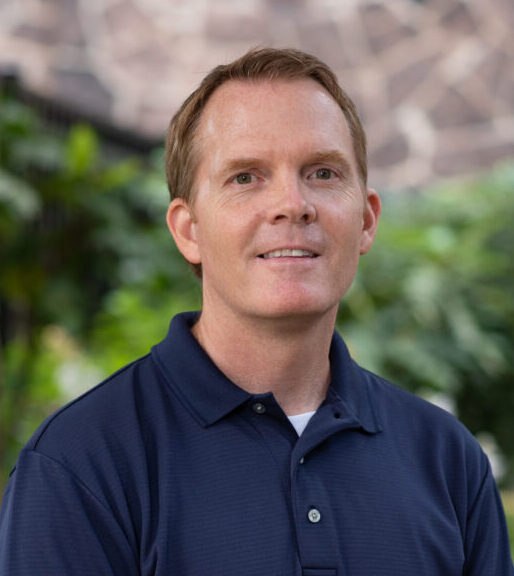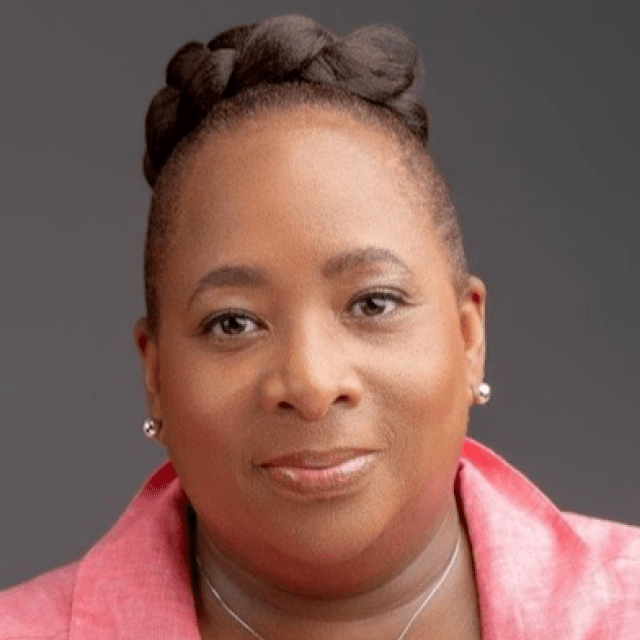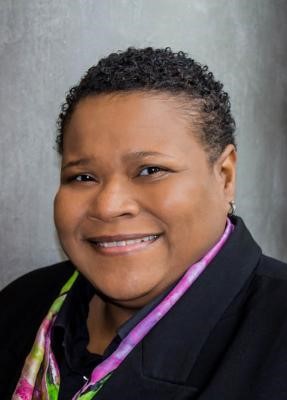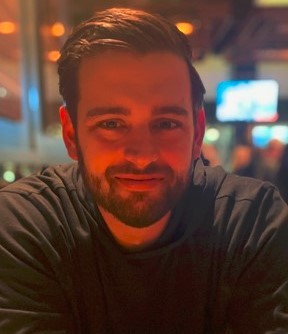With a higher education career spanning more than 25 years, Dr. Felicia Ganther became the fifth president of Bucks County Community College in July 2021, and the first person of color to be appointed president there. Dr. Ganther holds a bachelor’s degree and a master’s degree from Norfolk State University, a JD from the University of Illinois, Chicago, and a PhD from Arizona State University. Previously, Dr. Ganther served as associate vice chancellor of student affairs for Maricopa Community Colleges in Arizona. Dr. Ganther is committed to developing community partnerships supporting student success, educational access, and attainment.
What is something you have learned from your students?
That they need nurturing and tough love. The college environment, including the classroom, is often transactional. Visiting offices seeking assistance, enrolling, or taking classes, are all information exchanges between employees and students. Taking time to love, guide, and show care brings out their best. When calling students that miss my class or didn’t complete assignments, I give them tough love and they correct themselves. When I see my students on campus, I hug them and give high-fives and encourage them. Over these 25 years in higher education, I’ve seen what love does to inspire, encourage, and get students to the graduation line.
What was your favorite moment or experience in your own education?
My entire undergraduate experience! As a valley girl from California, I was plunged into a whole different cultural experience. I went to a historically Black university in the South. Everything was foreign and different; music, food, clothes, the dialect…everything. I loved it. This taught me how to be tough, to network for what I needed, and to navigate and make my way in a place I knew nothing about. Although it was initially a challenge to navigate, the skills I learned became my superpowers. I became the first female student in the university’s history elected as student body president.
What conditions do you think are necessary for a safe and effective learning environment?
Respect: if everyone, including professors, respect each other’s perspectives, there is an inherent element of safety in that learning environment. Grace: everyone comes from different experiences, backgrounds, and cultures. Our current political climate has weaponized words to the point where people are offended by or blatantly opposed to differing thoughts. Instead of attacking or reacting, we should engage to understand and reflect. Inclusion: this nation did not become great through the contributions of only one group. Contributions from all have elevated us to where we are. Individuals grow when interacting and engaging with different people, and inclusion ensures this exposure. Every person should feel comfortable sharing experiences without fearing shame or rejection.
How do we ensure those without privilege have equal access to quality education and opportunity?
Those with privilege and knowledge must champion awareness and access to educational opportunities, ensuring relevancy, affordability, and attainment of academic goals. Those without privilege, who want seats at the table of opportunity, must actuate. If they don’t take advantage of what’s offered, they haven’t come halfway. Access is essential to equitable outcomes, however, it isn’t enough unless those who experienced inequity have the desire and will to follow through, ensuring their seat at the table of opportunity.










